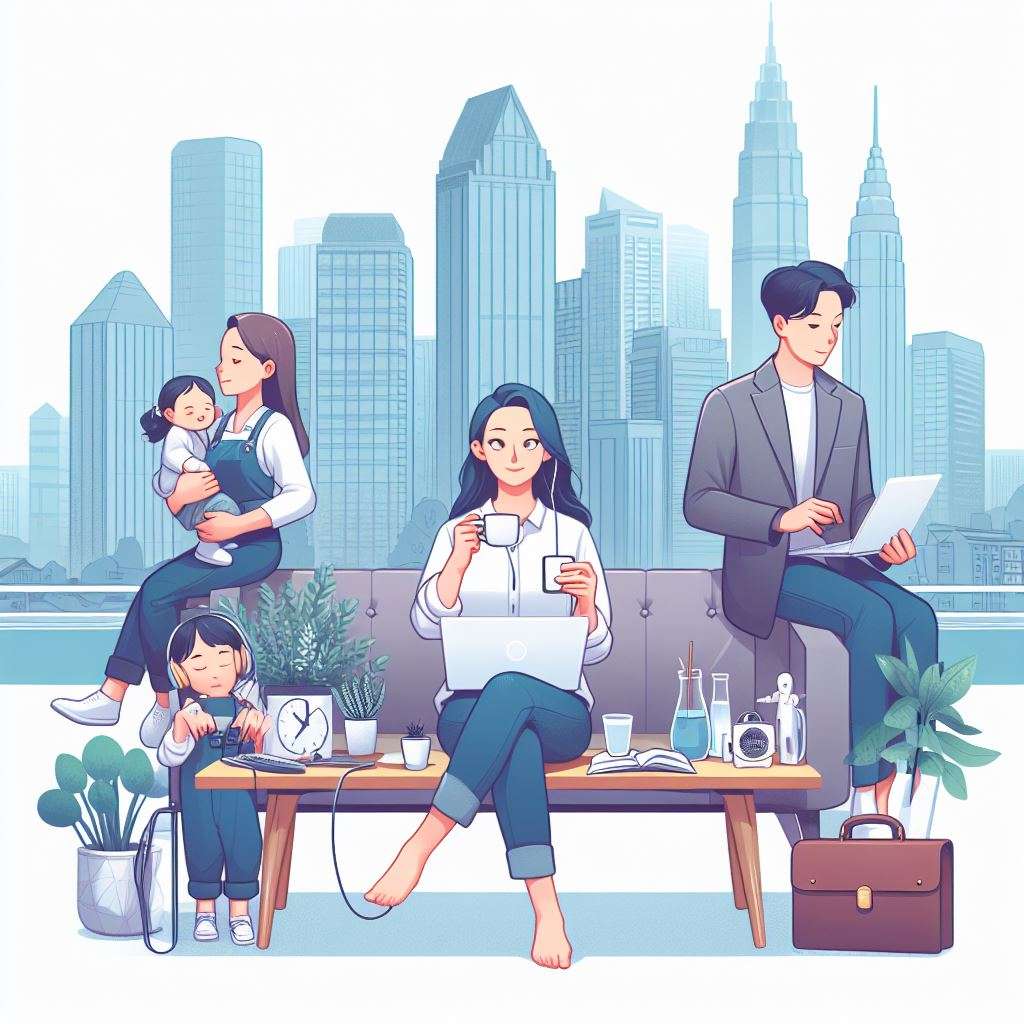Korea’s Youth at a Crossroads: The Complex Decision Against Marriage and Children
Changing Cultural Norms To understand the present, one must delve into the past. Korean society has traditionally valued the family unit, emphasizing marriage and child-rearing as central components of adult life. This stems from Confucian principles that prioritize family values and social harmony. Historically, large families were common and considered essential for various economic and … 더 읽기


